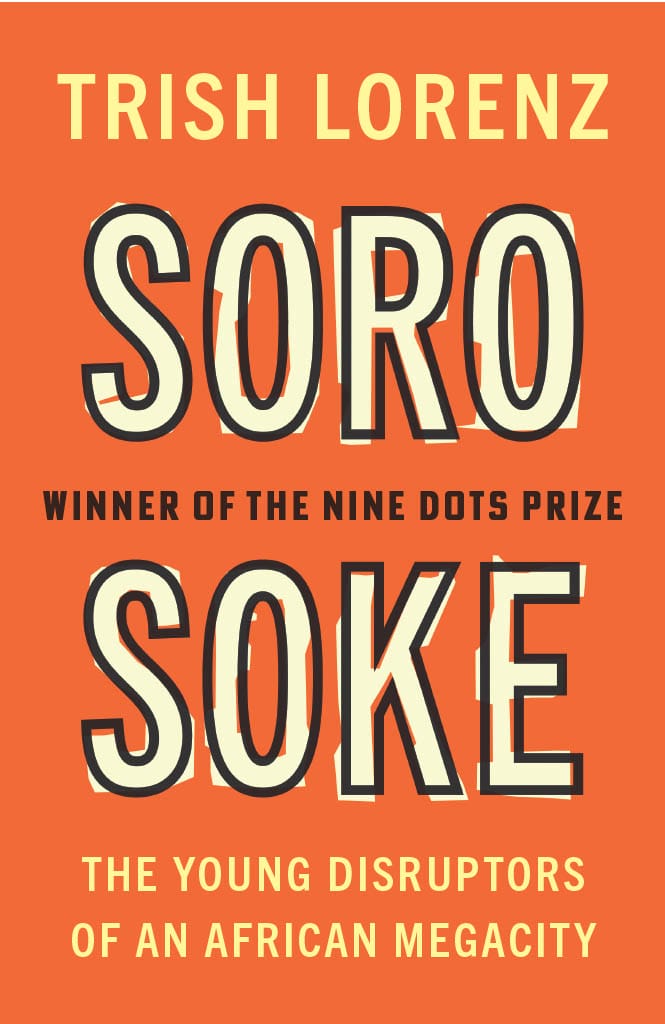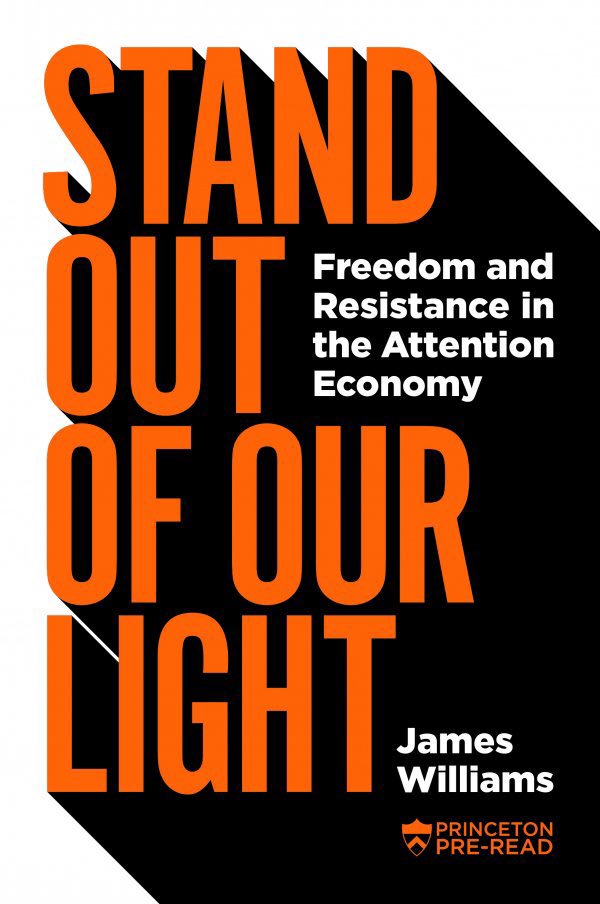Extracts from Trish Lorenz’s winning entry
2 June, 2021
We are pleased to share two extracts from Trish Lorenz’s 2021/2022 Nine Dots Prize-winning entry. Over the coming year, Trish will develop her essay response into a full-length book to be published by Cambridge University Press in May 2022. The book will be published in a variety of formats, including open access, meaning it will be available to download free of charge.
Extract one:
From the 10th floor window, the view is bright: glass high rise buildings gleam in the sun and waterways, shimmering blue, wind between the buildings and frame the city. A pulsing, thriving streetscape is visible below, small yellow buses and bright yellow tuk-tuks weaving among cars, pedestrians and scooters. On the ground, the noise is constant. Scooters tooting, a hive of yellow kekes revving their engines, bus conductors calling for passengers, the sound of music floating from open car windows, market stall holders hollering for attention. Fruit vendors push wooden carts, piled high with apples, banana, melon and avocados. The scent of sweet donuts and grilling meat emanates from street food stands, mixing with the heady flavour of exhaust fumes. Taxi drivers call to each other, a noisy discussion turns into riotous laughter and a small group celebrate the birth of a baby, dusting silvery powder over each other and those who pass. The people who walk these streets are tall and regal – entrepreneurs, artists, office workers, fly boys and proud women – with the bearing of queens and princes. Some wear traditional robes, others sleek modern interpretations. The overwhelming majority are young and emanate confidence, style and energy.
Welcome to Lagos, Nigeria, Africa’s largest city. As one of the youngest countries in the world – more than 42 per cent of Nigerians are under 14 – and situated on the youngest continent on the globe – 19 of the world’s 20 youngest countries by population are situated in Africa – it is the perfect place to begin to investigate what it means to be young in an otherwise aging world.
Extract two:
According to a United Nations Population Fund (UNFPA) report, in 2018, for the first time in history, people aged 65 or above outnumbered children under five years of age. By 2050, one in six people in the world, and one in four living in Europe and Northern America, will be over 65. The number of people aged over 80 is projected to triple, from 143 million in 2019 to 426 million in 2050. Africa, by contrast, is a young continent. Nearly 60 percent of sub-Saharan Africans are under the age of 25, compared to just 27 percent of Europeans. The median age across sub-Saharan Africa is 18; it is 35 in North America and 47 in Japan.
This young cohort, a vast generation of people spread across an enormous continent, will shape not only Africa’s future but the future of the world entire. Yet, when the UNFPA’s analysis of this emerging cohort was first released in 2014, the New York Times discussion of the report was headlined ‘The World has a problem: too many young people’. The newspaper’s analysis concluded that ‘the youth bulge stands to put greater pressure on the global economy, sow political unrest, spur mass migration and have profound consequences for everything from marriage to Internet access to the growth of cities.’
This is a regressive view, largely based on ignorance and a mix of systemic racism combined with post-colonial conceptions of superiority. The global south, and in particular Africa, has been subject to profoundly damaging misconceptions since white foreigners first encountered it. Slavery and subjugation, the carving up of an entire continent without consultation of its peoples, the imposition of imperial borders based on nothing more than whim or the political expediency of European powers, set up a historic legacy more damaging than anywhere else on the globe. Yet, despite the enslavement of its young people, the destruction of its kings and empires and the ignorance and racism that persists to this day, African nations fight on. Many are thriving and growing.
A 2016 McKinsey Global Institute report Lions on the move II: Realizing the potential of Africa’s economies, highlighted that growth across much of Africa accelerated to 4.4 percent between 2010 to 2015. The report points to rapid urbanisation, technological change and abundant resources as prospect for significant future growth on the continent. In 2016, Africa was already home to 700 companies with annual revenue of more than $500 million, including 400 with annual revenue above $1 billion. These companies, says the report, ‘are growing faster and are more profitable than their global peers’.
The McKinsey report also noted that by 2034, Africa will have a larger working-age population than either China or India. Despite this, most existing research around young people to date has been geared towards understanding Western, and specifically American, millennials and Gen Z. Young Africa has been largely ignored. In the west, at least, little is known of the dreams and aspirations, the fears and hopes, the needs and desires of the youthful population that will likely lead the globe in both cultural impact and in solving some of the more intractable problems this younger generation will inherit.



